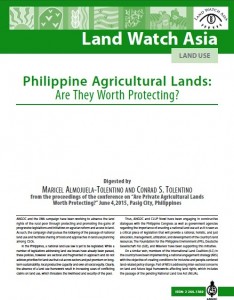State-Community Synergies in Development : Laying the Basis for Collective Action
If states would interact more synergistically with communities, they could tap local energies and resources for development-- and help create a development-oriented society and polity in the process. The authors analyze experience in several countries to identify the actions required for state-community synergies in development. Two actions that seem especially important: 1) Broadening the distribution of power within communities, to facilitate collective action and reduce the potential for local capture.





